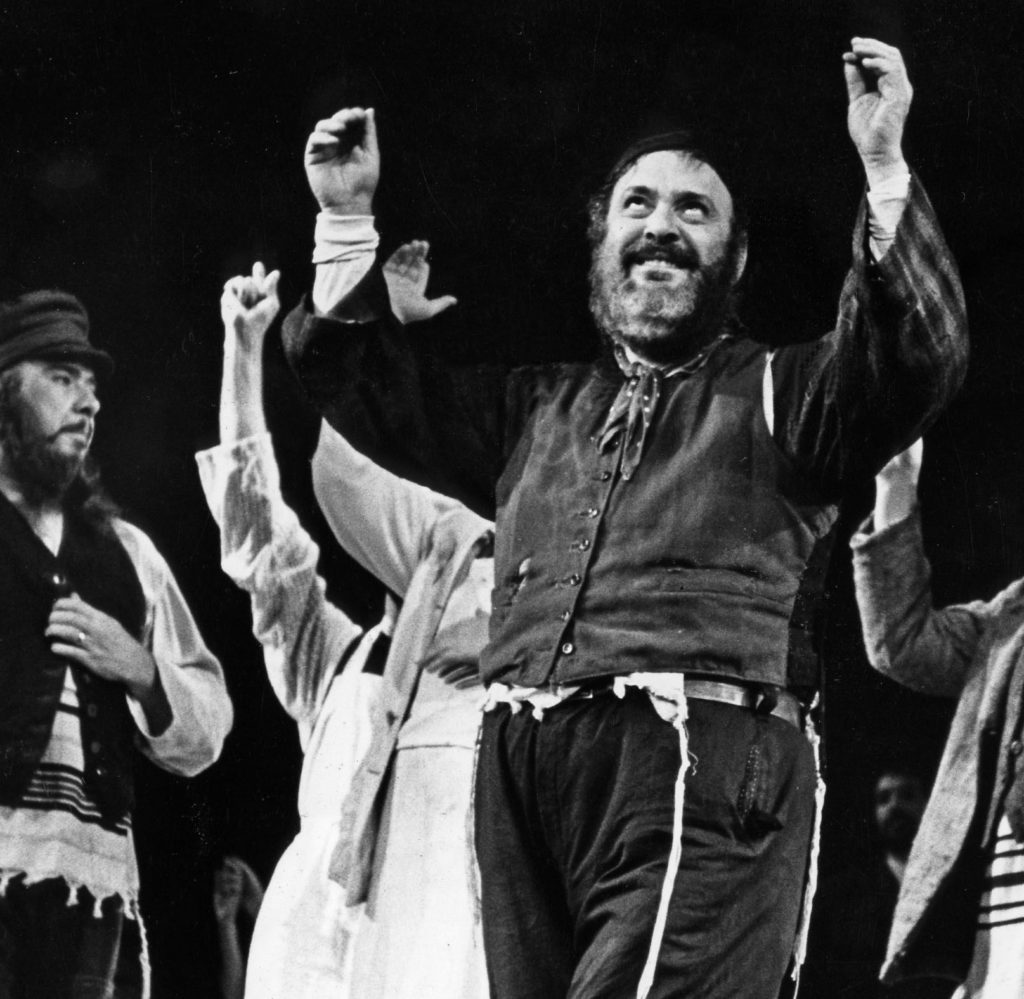Disclaimer: blatant liberal bias ahead + this post won’t make sense if you’re not familiar with Fiddler on the Roof.

I grew up listening to songs from Fiddler on the Roof, so the music and lyrics are firmly ingrained in my brain. But I didn’t grok the political implications until after 1) watching the movie, 2) learning more about history, and 3) observing human power relations. Just as an example, my childhood interpretation of “To Life” didn’t incorporate longstanding Russian antisemitism. I had no concept of how radical it was for Russian soldiers and Jewish peasants to dance together.
In the very beginning of Fiddler on the Roof, Tevye addresses the audience:
“A fiddler on the roof. Sounds crazy, no? But in our little village of Anatevka, you might say every one of us is a fiddler on the roof, trying to scratch out a pleasant, simple tune without breaking his neck. It isn’t easy. You may ask, why do we stay up there if it’s so dangerous? We stay because Anatevka is our home. And how do we keep our balance? That I can tell you in one word: tradition.”
Doesn’t that sound pretty damn parallel to the segment of America without white-collar skills, the segment increasingly devastated by technological progress? From what I hear, the Rust Belt hasn’t picked up much since heavy industry and manufacturing emigrated.
Go ahead and imagine it. You can’t get a job, or maybe you can only get a crappy job. The government is full of elites whose priorities diverge from yours. (This is where the analogy to Fiddler on the Roof breaks down, since obviously the Russian czar was genuinely oppressive. Which is not to say that the American government isn’t genuinely oppressive, but it targets different demographics.)
Amidst this uncertainty, you cling to your traditions, because that’s all that remains from the days of relative prosperity. That includes intellectual traditions (also explored in Fiddler on the Roof). So any deviation from antiquated Christian biblical-ish morality is perceived as a threat.
As usual when writing about politics, I’m going to link to Scott Alexander’s brilliant essay “I Can Tolerate Anything Except The Outgroup” and call it a day.